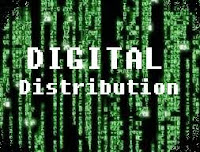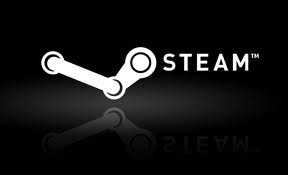I’ve been taking a look at some ways to hide your Internet identity lately.
Why you ask?
What have you been up to?
Well, nothing really. And that’s the thing most information gathering trolls rely on, people assuming they don’t have anything worth hiding. Because of this most Internet users have no idea just how much information is being built up about them.
You may not care, but you may also be shocked to find out just how much the Internet knows about you and your family.
Most security applications are based on hiding your IP (Internet Protocol) address, the number (or address) that identifies where you are connecting to the internet from, your ‘provider.’ From this the provider (the company you use to access the internet) can then find out who you are by backtracking who this IP number was assigned to.
Now first off all I want to reassure people that all those ‘I know your IP address’ threats you may have gotten from scare-ware sites trying to sell you ‘protection’ or ‘security’ software don’t amount to anything. You can’t be directly attacked by anyone knowing your IP address; if a site didn’t know this the internet couldn’t work...



 Well not a lot directly, but the book got me thinking about the internet’s influence
on games and the current games industry, and it’s sub cultures. There are a lot
of hacker types in 4chan... No, I don’t mean what you are probably thinking (although
they undoubtedly are also there). Good old-fashioned ‘hackers’ are codies at
heart, programmers that do what they do because they like it. And nowadays they
are unfortunately becoming dying breed.
Well not a lot directly, but the book got me thinking about the internet’s influence
on games and the current games industry, and it’s sub cultures. There are a lot
of hacker types in 4chan... No, I don’t mean what you are probably thinking (although
they undoubtedly are also there). Good old-fashioned ‘hackers’ are codies at
heart, programmers that do what they do because they like it. And nowadays they
are unfortunately becoming dying breed.
